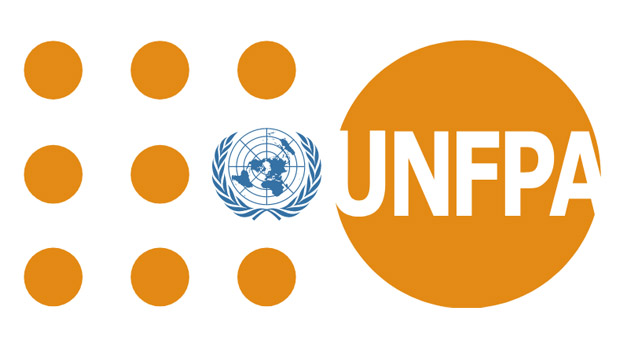Gender-biased sex selection exists in Bangladesh: UNFPA

The UN population agency, UNFPA, in its annual flagship the ‘State of the World Population’ report, highlights the need for urgent accelerated action to stop child marriage and son preference as both exists in Bangladesh.
Bangladesh is known as one of the highest prevalent country of child marriage in the region. But gender-biased sex selection is little known issue here in the country.
A study conducted by the Population Sciences Department of the University of Dhaka revealed that strong preconditions for gender-biased sex selection exist in the country.
They also found the harmful practice of sex selection which can result in female foeticide in three districts in a small study.“We must foster respect for women and girls by changing entrenched cultural attitudes and practices. This means disrupting root causes of inequality and respecting girls’ autonomy”, Dr Asa Torkelsson, UNFPA Representative in Bangladesh said, during the virtual press conference to launch the world population report on Tuesday.
Secretary for Women and Child Affairs Kazi Rowshan Akhter said all relevant ministries and departments need to make strong commitments to end harmful practices in Bangladesh, particularly with the increasing challenges of COVID-19.
Every year, millions of girls are subjected to practices that harm them physically and emotionally, with the full knowledge and consent of their families, friends and communities, according to the State of World Population Report 2020.
At least 19 harmful practices are considered human rights violations, according to the UNFPA report, which focuses on the two of the most prevalent ones in Bangladesh child marriage and bias against daughters in favour of sons.
Gender-biased sex selection is a harmful practice that also stems from similar gender norms and attitudes that drive child marriage, as it results from the misbelief that girls are a burden to their families that do not have the same capability to contribute as males, UNFPA said.
While progress has been made in ending some harmful practices worldwide, the COVID-19 pandemic threatens to reverse gains, according to the UNFPA report.
In times of hardship and crisis, it is estimated that harmful practices such as child marriage may increase.
Replying to a question, the UNFPA representative said they are concerned about the gender biased sex selection issue since all the preconditions exist here in Bangladesh.
“We do not see robustly right now that situation (gender biased sex selection) in Bangladesh. We do see in many other countries. We are concerned because the preconditions that led to the gender biased and sex selection are prevailing here in Bangladesh,” she said.
There is son preference in the society along with the availability of technology such as ultrasonography to detect the sex of the foetus. Bangladesh law, however, prohibits sex determination before birth.
Replying to another question, the UNFPA representative said they are witnessing the use of family planning methods is going down due to the Covid19 pandemic.
“Yesterday we had a seminar with the general economics division where we had analysis on the impacts of Covid19 on the use of family planning,” she said.
Dr Emdad Hoque of UNFPA supplemented the representative and said they had already formed a task force group involving senior persons who are working in the field of family planning.
“They met several times and we formulated policy briefs and guidelines for the government,” he said, adding that recent data from the government’s MIS showed the use of modern contraceptive rates has been reduced.
“Due to lockdown women are not going to the facility and at the same time they have fear to go to the facility (to collect contraceptive methods) for Covid19 patients,” he said, adding that facilities are also not making the service available.
“We did modeling using the lifesaving tool. If the current coverage goes on, then the unmet need of family planning will rise to 23 percent from the current 12 percent resulting in increasing number of unwanted pregnancies and abortion and increase in maternal mortality.”
He said the taskforce group recommended change of the service modalities at the community level. The home to home service is not feasible due to the situation. But people can go to the community clinics and family welfare centers.
He said the methods need to be made available at those centers for two months or three months instead of one month for making “more accessible and readily available of the modern methods”.
He, however, said the country does not have a shortage of contraceptive methods. “Only problem is availability.”


